Page 6 of 6
Use of other author's works (whether somebody else’s or author’s own creation)
Use by author
Author must be entitled to dispose of the work
- The exclusive license must have not been provided to anybody else.
- In the case of work with multiple authors, consent of all co-authors is needed.
- Employee works – unless otherwise stated, the employer has the property rights to works created in the course of employment.
- For commissioned works, it depends on the terms set out in the agreement.
- In some cases, property rights to the works are held by collective managers.
Use by another person
- With author’s consent
- License agreement, Creative Commons license
- Simple consent (sufficient by e-mail)
- Without author’s consent/ legal reason – there are legal restrictions and exceptions, where copyrighted works may be used without the author’s consent and without violating author’s copyright.
- Free use – personal use of the work is not considered to be the use of the work by law (i.e. making a recording, copy or limitation of the work, not for commercial purposes!).
- Free work – copyright protection already expired.
- Exceptions to the law/ licenses – stated exhaustively in the Copyright Act (including citations).
- Without legal grounds – unauthorized use (plagiarism)
Notice: Copyright is territorial and applied differently in different countries.







